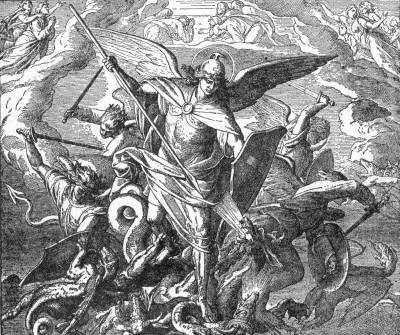
"O God of love, compassion, and healing,
look on us,
people of many different faiths and traditions,
who gather today at this site,
the scene of incredible violence and pain.

"We ask you in your goodness
to give eternal light and peace
to all who died here-
the heroic first-responders:
our fire fighters, police officers,
emergency service workers,
and Port Authority personnel,
along with all the innocent men and women
who were victims of this tragedy
simply because their work or service
brought them here on September 11, 2001.
"We ask you, in your compassion
to bring healing to those who,
because of their presence here that day,
suffer from injuries and illness.

"Heal, too, the pain of still-grieving families
and all who lost loved ones in this tragedy.
Give them strength to continue their lives
with courage and hope.
"We are mindful as well
of those who suffered death, injury, and loss
on the same day at the Pentagon
and in Shanksville, Pennsylvania.
Our hearts are one with theirs
as our prayer embraces
their pain and suffering.
"God of peace, bring your peace to our violent world:
peace in the hearts of all men and women
and peace among the nations of the earth.
Turn to your way of love
those whose hearts and minds
are consumed with hatred.

"God of understanding,
overwhelmed
by the magnitude of this tragedy,
we seek your light and guidance
as we confront such terrible events.
Grant that those whose lives were spared
may live so that the lives lost here
may not have been lost in vain.
Comfort and console us,
strengthen us in hope,
and give us the wisdom and courage
to work tirelessly for a world
where true peace and love reign
among nations and in the hearts of all."
(Pope Benedict's prayer earlier this year
in the pit where the World Trade Center once stood) Today we remember the victims of September 11, 2001, who died at the World Trade Center, the Pentagon, and Shanksville, Pennsylvania.
Requiescant in pace(adapted from an earlier post)
 A Penitent Blogger
A Penitent Blogger
 Saint Michael the Archangel
Saint Michael the Archangel



 "We ask you in your goodness
"We ask you in your goodness "Heal, too, the pain of still-grieving families
"Heal, too, the pain of still-grieving families "God of understanding,
"God of understanding,